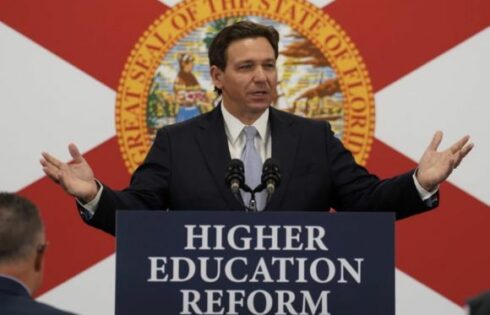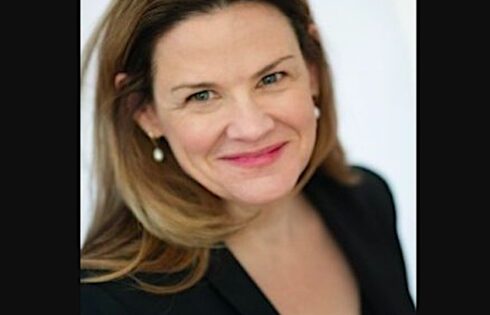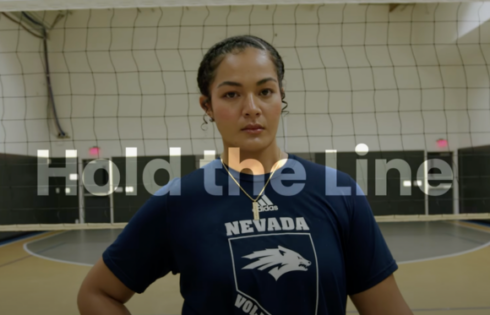
When a university won’t answer basic questions about its policies
Six years ago the University of Maryland launched a campaign dedicating to changing the climate of “language and inclusion” on campus. That quixotic effort, which hoped to teach students to stop saying things like “that’s so retarded” and say things instead like “that’s so off-base,” was infused with $15,000 in university funds—small potatoes when you consider the totality of the whole budget, but nevertheless a decent chunk of change. So how has this idealistic campaign fared in the past half-decade? Has it accomplished anything? Has the campus climate improved? Are students faring better there these days?
Nobody will say. The student groups to which The College Fix reached out had nothing at all to say on the matter; more pointedly, the school administration, which was in charge of the campaign and (one assumes) has been tracking its progress lo these six years, refused to respond to multiple queries from our reporter. It was just total radio silence all the way down; zip, nada.
Isn’t that a bit odd? On the one hand, of course, this is a relatively minor campus effort on a fairly large state school campus; the campaign itself probably only registers on the radar of a dozen staffers at the university, if that. Then again, the program does exist—it was created, funded and implemented, all with the intent to improve the campus climate in a measurable and distinct way. So has it done that? Or not? Nobody seems to know, or care, or want to say.
You notice that a lot at the modern university: Nobody really seems to care if this stuff works. Efforts to, say, stop people from saying “That’s so gay” on campus are often begun with high energy and the best of intentions; but then, after the money’s been spent, nobody seems to be able to quantify if such efforts actually did anything at all rather than suck up thousands and thousands of dollars. Why is that? We except results from, for instance, professors and administrators and everybody else right down to the part-time custodians. Is it outrageous to wonder if the myriad do-gooder social programs on campus are actually doing what they’re allegedly supposed to be doing? The administrative silence on this front seems to speak volumes. It is a distinctly bizarre set of circumstances—or rather, it’s “off-base,” as the saying goes.
MORE: Law professors refuse to speak about student mob that disrupted scholar’s talk on free speech
IMAGE: Shutterstock.com
Like The College Fix on Facebook / Follow us on Twitter






Please join the conversation about our stories on Facebook, Twitter, Instagram, Reddit, MeWe, Rumble, Gab, Minds and Gettr.